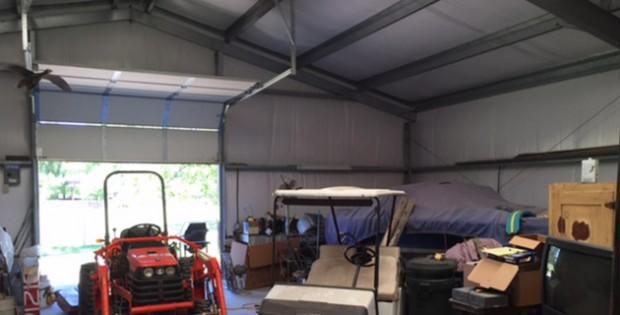Hiring the Right Employee – Why You Should Get Emotional About It

You’ve got a problem! It’s a good problem, but still a problem. You’ve grown and you need to start hiring some help. This is a process that is considerably more important to a small business owner than it might appear. New employees cost time and money to train. Insurance, payroll, business cards, additional equipment, these things add up.
If you think you can make a quick assessment of a person’s qualifications from a resume or an application alone, you are going to have more problems. But these are bad problems.
Many small business owners have begun looking at the Emotional Intelligence of potential employees as a determining factor in the hiring process. It seems mal-adaptive to hire someone based on their emotions as a quality or skill, but it is not, especially for a small business owner.
Emotional Intelligence is defined as, “ the subset of social intelligence that involves the ability to monitor one’s own and others’ feelings and emotions, to discriminate among them and to use this information to guide one’s thinking and actions.” But how do you find someone with this skill? It’s not easy to assess this measurement from a resume.
The most important part of your hiring process has always been the interview process. This is when you will see how well you ‘click’ with a new employee. Remember, you will be spending a great deal of time with this person and as a small business owner, you are entrusting them with the keys to the kingdom.
Ask your candidates specific questions about real situations you have faced in the course of growing your business. How quickly does this person come up with solutions with which you are comfortable? Is this someone you would allow your customers or clients to speak with directly? Don’t be gentle, real world situations are going to arise and you are going to need someone with whom you are confident can handle them.
“What would you do when a customer is verbally abusive?” “How are you going to handle it if I ask you to do something you are not comfortable with doing?” These types of questions put pressure on a potential candidate. How do they react? Do they ask additional questions about the situation or are they ready with an answer without considering all the facts? Did they give you a vague answer? As a small business owner, you need specifics, not generalities. Everyone is on their best behavior during the interview, but identify the candidate’s negative behavior (we all have some) and is this behavior you can live with or train?
Questions about a candidate’s life are also to be considered. Is this person well rounded? Does he or she have a life of happiness or one of turmoil and drama? We get back what we put out. Are there other interests outside of work which will help your new hire build rapport with you and with your customers? Are they empathic? Empathy is a benchmark of a good salesperson, and let’s face it, your business is, at its most basic, selling a product or service of some sort.
There are also other ways to identify a compatible degree of emotional intelligence you can employ. You can ask an employee to take an inexpensive behavior-assessment test to help identify strengths and weaknesses. Consult a website that deals with personality assessments and spend a few dollars to have a test administered. The cost of choosing the candidate at this stage will pay off in the long term service you can expect in the future.
The truth is, many employers spend more time researching a cell phone plan than they do a potential new hire and this can lead to conflict in the future. The good news is that emotional intelligence can be learned so if you have the time and desire to mold a good candidate to the ‘type’ of person you want to grow with you, your chances of success improve dramatically.
Plato said, “All learning has an emotional base.” This has always been true when humans work with one another. You might want to look at hiring someone the way a caveman might have chosen a hunting partner, “Does this person have my back in a dangerous situation and am I willing to share the fruits of my labor with them?” If you answered yes, then, you’ve probably found the right person.
I personally use emotional intelligence during the hiring process here at Armstrong Steel. What are some of the ways in which you have used emotional intelligence to find a good employee? What kinds of things do you look for that may not be covered on a resume or application?
Photo courtesy: pmbbunPopular Posts

Will Adding a Steel Building Increase My Property Value?
I’ve seen steel buildings increase in popularity every day because builders use these durable, versatile and flexible construction solutions in every application. Not only have homeowners utilized a steel building for residential purposes, but builders have also made additions to their existing property. No doubt that a steel building garage will increase the value of a home,… …

Steel Building Quotes: Get a Grasp on Prices and Estimates
What is the first step of a steel building project, or any construction project for that matter? After you decide to add a new garage, agricultural or commercial building to your property, you’ll most likely start contacting steel building manufacturers for steel building quotes. From there, you can create a timeline for yourself and develop… …

4 Important Factors That Will Impact Your Steel Building Cost
For the past decade, the steel industry has undergone many transformations, and in effect it’s changed the way the construction industry views steel buildings. While the steel itself has been around for hundreds of years, designers and owners of metal buildings are seeing many increased benefits. Because of streamlined processes at manufacturers, energy saving paints… …